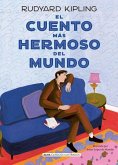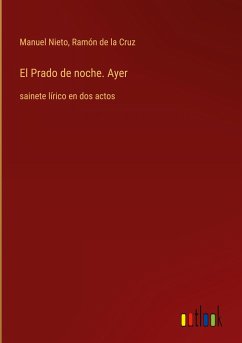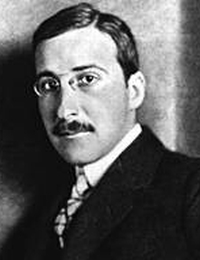El mundo de ayer es su última obra, una autobiografía escrita en el exilio, poco antes de morir, y en la que el escritor austriaco describe el periodo de entreguerras, el auge del nazismo y el estallido de la Segunda Guerra Mundial. Zweig, con brillantez cómo la diversidad cultural europea había sucumbido a los nacionalismos y retrocedía bajo su yugo. Una obra imprescindible que permite analizar el pasado a través de las excelentes reflexiones de uno de los intelectuales más importantes del siglo XX. This autobiography was written in exile, shortly before the author's death. In it, the Austrian writer describes the interwar period, the rise of Nazism, and the outbreak of the Second World War. An essential work that allows us to analyze the past through the excellent reflections of one of the most important intellectuals of the 20th century.
Hinweis: Dieser Artikel kann nur an eine deutsche Lieferadresse ausgeliefert werden.
Hinweis: Dieser Artikel kann nur an eine deutsche Lieferadresse ausgeliefert werden.









